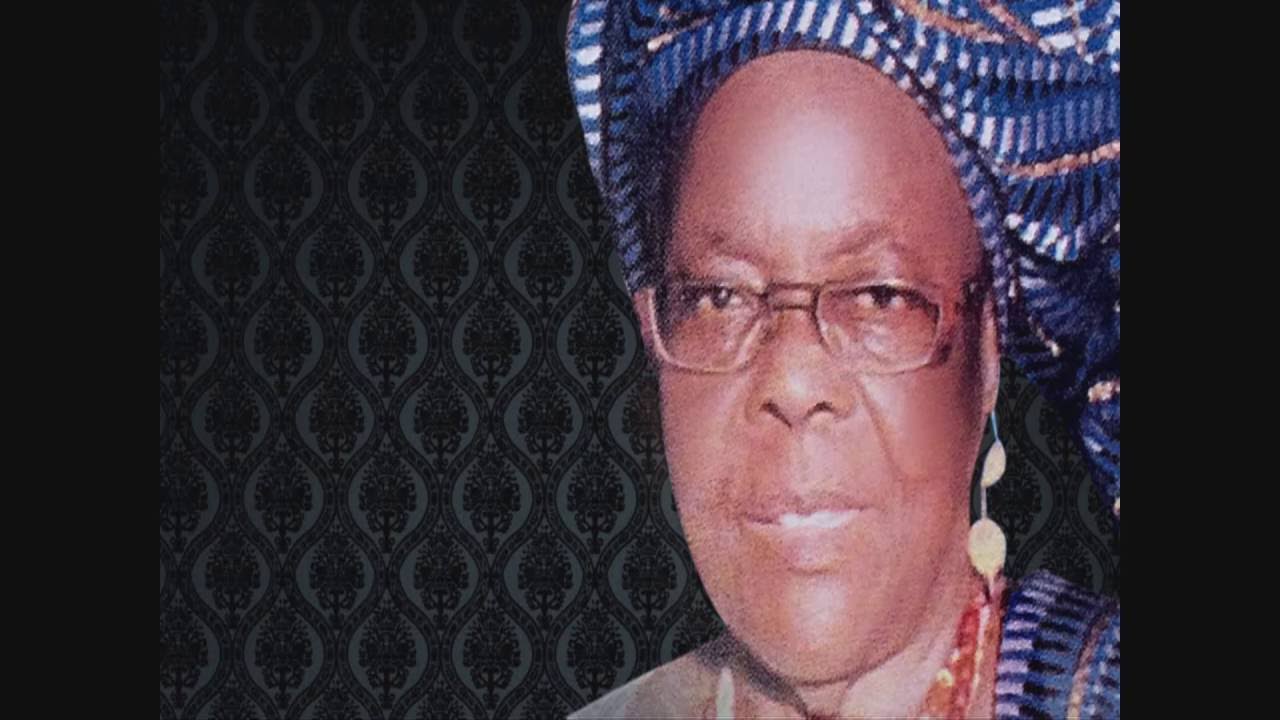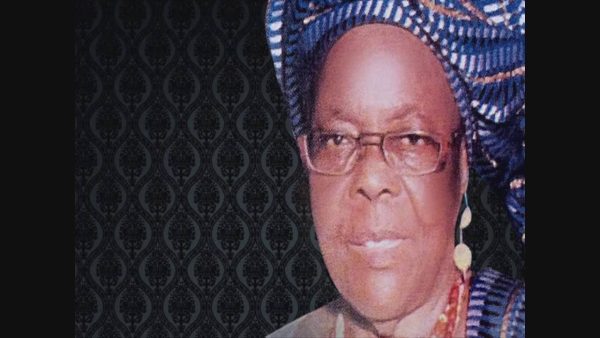Decades before our most celebrated contemporary women business moguls, Bisoye Tejuoso had created a space for herself in Nigeria’s overwhelmingly male commercial space. In her prime, this self-driven, hard-nosed Abeokuta-born entrepreneur was a ‘captain of industry’ in her own right, founding companies, growing them into mammoth establishments, and owning her patch of the country’s business landscape.
Bisoye Esther Tejuoso was born in 1916, to a royal family of the Egbas. But it was an era in which women held only a limited role in public life and had their prospects almost fixed from birth by virtue of society’s expectations of them. Royal blood didn’t offer much of an escape from this; secondary school education for her would have largely consisted of learning such subjects as home keeping and laundry.
Ironically, her time at the school played a part in setting her on course to the widely celebrated life as a businesswoman. At age 18, she married Somoye Tejuoso, who had been a teacher there. A few years after he joined the Nigeria Railway Corporation, he was transferred to Zaria. Bisoye followed him up north. There, she sold food items to Southerners. It was the beginning of her long entrepreneurial journey.
Her early successes came with involvement in inter-regional trading. She moved goods from Zaria to Lagos, where they were sold. Sometime later, she became a distributor for the United Africa Company (UAC), an engagement she carried on with after leaving Zaria for Lagos in 1957. In the early 1960s, she also helped supply products from Vono at her store on Broad Street. With two distributorships and fairly brisk trading, her venture thrived.
In time, the opportunity to get into even bigger business presented itself. Two entrepreneurs- a Norwegian and a Nigerian from Benin -were happy to have Mrs Tejuoso partner with them on a plastic foam manufacturing business. The Nigerian Urethane Company- as it was called -had a factory in Benin. Tejuoso was its sales director, supervising distribution in Lagos. However, disagreements over company management issues led to her exiting the venture.
Tejuoso went solo. Backed by a loan from the Nigerian Industrial Development Bank (NIDB), she built her own foam factory. This was in the early 1970s, at the start of the country’s crude oil fueled economic boom. Teju Industries (as the new company became known) grew quite rapidly, no doubt, bolstered by the favourable conditions which prevailed at the time. But Madam Tejuoso’s business sense and grit were crucial as well.
At a point, Teju Industries employed 2,000 persons and had more than a dozen depots for its products situated outside Lagos. Enabled by the wins she scored with her foam investments, Tejuoso diversified her portfolio. Her son, Adedapo Tejuoso, assumed administrative charge of the company.
The influence wielded by Mrs Tejuoso extended beyond the commercial sphere. In 1982, she was given the chieftaincy title Iyalode Egba, leader of all Egba women. She was recognized as a major figure in the social circles of the South West and respected as one who had strengthened the clout of her family’s name.
By the time of her death in 1996, her legacy had already been firmly established. The company she founded survives to this day, and is still being run by her offspring. But beyond leaving an empowering structure for her descendants, she lit a path barely trodden by women before her, and proved that they also could establish and head first rate businesses.
Featured image source: YouTube


